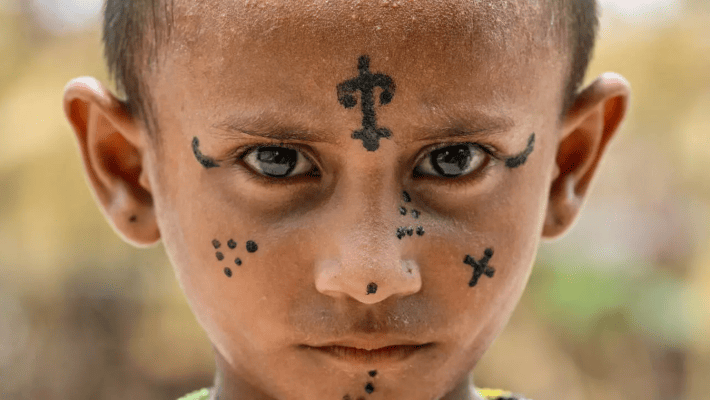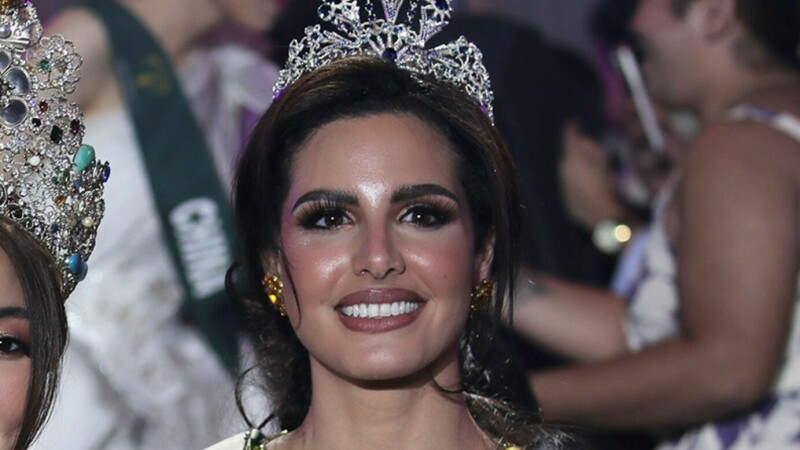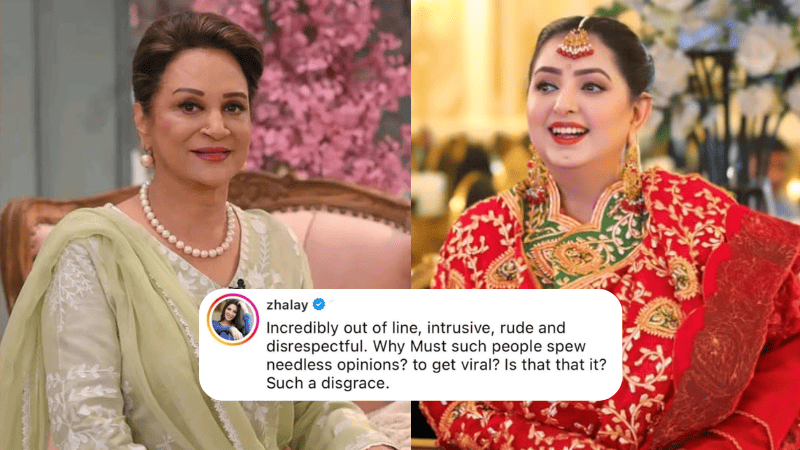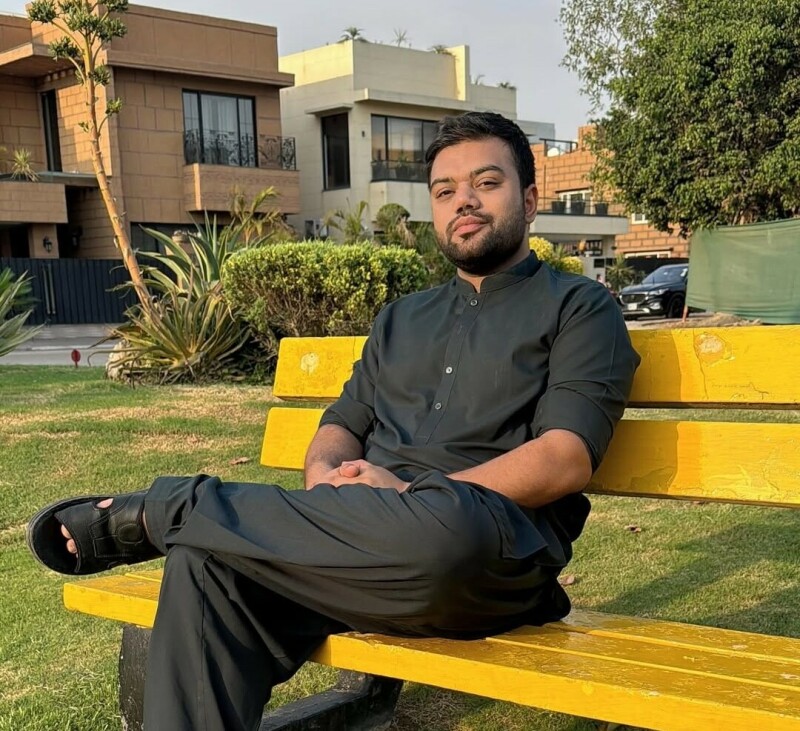Afghan women start #DoNotTouchMyClothes campaign to protest against Taliban dress code for female students
Afghan women have started a #DoNotTouchMyClothes on social media, sharing pictures of themselves wearing colourful traditional clothing but their motive is far greater than sharing fashion tips. The campaign is protesting against the Taliban's enforcement of a strict 'Islamic' dress code for women enrolled in universities across Afghanistan.
The campaign was started by Twitter user Dr Bahar Jalali who posted a picture of herself in traditional Afghan attire. "This is Afghan culture," she wrote. "I am wearing a traditional Afghan dress."
"Images are powerful," Dr Jalali said on Twitter. "They often leave a deeper imprint. Our online dress protest is not just a display of fashion. It is a form of cultural resistance when Afghan identity is being attacked."
She also shared an image of an Afghan woman in a black burqa and said "no woman has ever dressed like this in the history of Afghanistan". "This is utterly foreign and alien to Afghan culture," she tweeted. "I posted my picture in the traditional Afghan dress to inform, educate, and dispel the misinformation that is being propagated by Taliban."
As per the Taliban's new rules, women will be allowed to study in universities so long as they wear a "hijab" and the classes are segregated. Although it was not specified whether the hijab meant headscarves or compulsory face coverings, a group of female students completely covered in black robes demonstrated in Kabul in support of the Taliban's new rules on Saturday.
Other Afghan women soon followed suit and began posting pictures of themselves in traditional Afghan clothes using the hashtags #DoNotTouchMyClothes and #AfghanistanCulture.
"My rich and ancient Afghan culture is that of colour and beauty," Afghan influencer Safia posted on Twitter.
"This is Afghan culture. My traditional dress. Thank you to Dr Bahar Jalali for the inspiration. Our cultural attire is not the dementor outfits the Taliban have women wearing," a user tweeted.
"At the end of the day, it comes down to the ability to choose for themselves what Afghan women get to wear that is being stripped away by being forced to adopt the black niqab as women’s clothing. This is traditional Afghan clothing, not the niqab," a tweet read.
"This is another traditional Afghan dress from a different part of Afghanistan," Dr Jalali posted. "I was a teenager in this picture. We will not let our culture to be appropriated by those who want to erase us."
"Proudly wearing in our traditional, colourful, vibrant Afghan clothes," tweeted another user.
"In protest to the Taliban's dress code, I proudly share these photos in traditional Afghan attire. Vibrant, bright colours adorned with jewels," a user posted.
"My mom (with me in her belly), my khalas, and my sisters in Afghanistan dresses," a tweet read.
"This is how Afghan women dress," posted a user.
"Me wearing cultural Hazaragi dress in Kabul. This is what shapes my appearance," another wrote.
Afghan youth rights activist Wazhma Sayle told Reuters that she was shocked to see a photograph online, apparently of women dressed in black all-enveloping niqabs and gowns, staging a demonstration in support of the country's new Taliban rulers at Kabul University.
The 36-year-old, who is based in Sweden, later posted a photograph of herself on Twitter dressed in a bright green and silver dress. “It's a fight for our identity,” Sayle said. “I don't want to be identified the way Taliban showed me, I cannot tolerate that. These clothes, when I wear them, speak for where I come from.” “At least they are able to tell the world that we, the women of Afghanistan, do not support the Taliban,” said Fatima, a 22-year-old in the Afghan capital. “I cannot post such pictures or wear those kind of clothes here anymore. If I did, the Taliban would kill me.”
The campaign is gaining momentum online as more Afghan women post pictures of themselves in traditional Afghan attire to hit back against people's perceptions of what traditional clothes mean for them. It's important to remember than when it comes to Afghanistan, the most important voices — and the ones that should be amplified — are those of Afghans themselves.
With additional input from Reuters














Comments